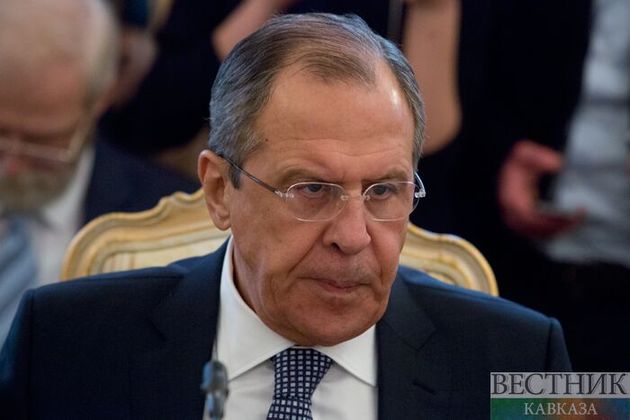Russian President Vladimir Putin followed the talks between the Foreign Ministers of Russia, Azerbaijan and Armenia on the settlement of the Nagorno-Karabakh conflict and contributed to the decisive moment of the discussion, Russian Foreign Minister Sergei Lavrov said in an interview with local radio stations.
"The negotiations were unique," he said, noting that he talked with Putin on the issue twice back then even at night.
Russian Defense Minister Sergei Shoigu was also involved in the process, since "it was important to agree on the issue that the declaration of a ceasefire would probably not be very sufficient if there is no mechanism to control the ceasefire," the Foreign Minister explained.
He said that over the past few days he and Shoigu talked several times with their colleagues in Baku and Yerevan. "And the president held phone calls with the leaders of the conflicting parties," the head of the diplomatic department recalled.
Our main result is an immediate meeting of the sides through military channels and agree on a ceasefire control mechanism, which is mentioned in our document and has not yet been discussed," the Russian top diplomat said.
Lavrov also said that it would be right to deploy Russian military observers on the line of contact in Nagorno-Karabakh, but that it was up to Baku and Yerevan to decide.
The diplomat is convinced that the political settlement of the Nagorno-Karabakh conflict is possible.
The Armenian armed forces committed a large-scale provocation, subjecting the positions of the Azerbaijani army to intensive shelling from large-caliber weapons, mortars, and artillery installations of various calibers in the front-line zone on Sept. 27 at 05:00 (Msk). The command of the Azerbaijani Army decided to launch a counter-offensive operation of Azerbaijani troops along the entire front to suppress the combat activity of the Armenian armed forces and ensure the safety of the civilian population. To date, the city of Jabrayil and most of the Jabrayil district, the city of Hadrut, more than half of the Fizuli district were liberated in the south, and the strategically important Murovdag mountain and the so-called sixth fortified area around the village of Sugovushan in the north were liberated.
At the talks held at in Moscow, Baku and Yerevan agreed on a humanitarian ceasefire, which came into effect at 12:00 local time on October 10. Armenia violated ceasefire by shelling Azerbaijan's second-largest city of Ganja, which caused civilian casualties.






